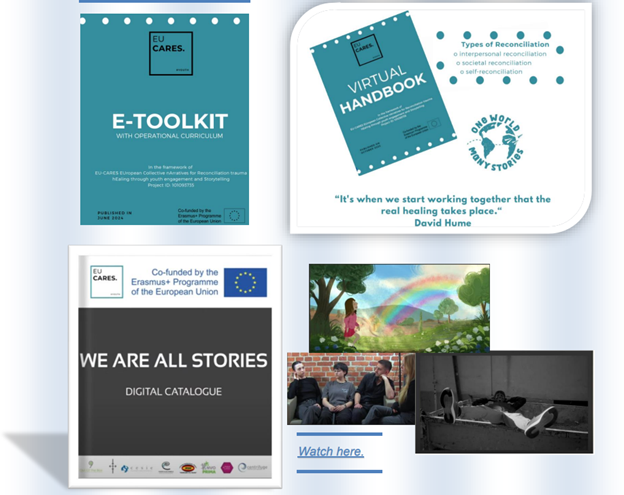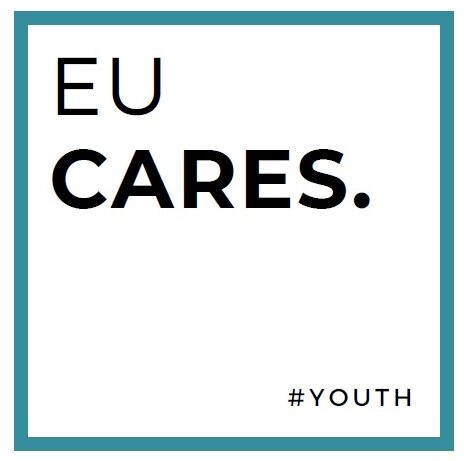National Multiplier Events:
One national final conference will be held by each partner organisation to disseminate the project results with 40 young people, youth workers, policy makers in the youth field, representatives from educational institutions and stakeholders in youth work reaching a total number of 285 people





